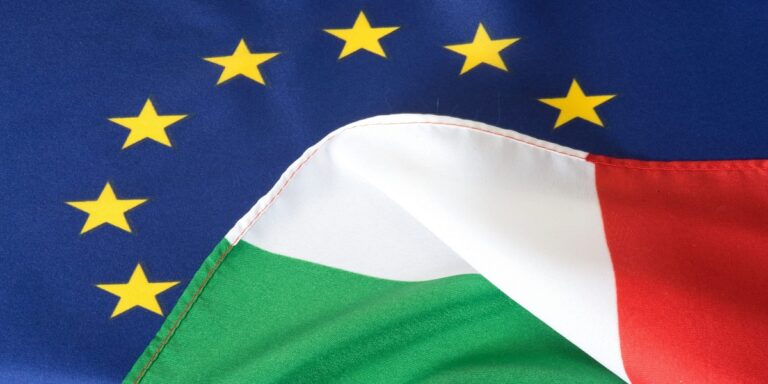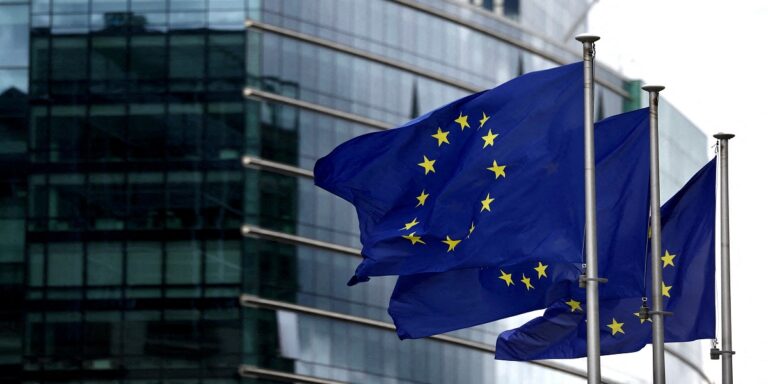In a significant public health effort, the Canadian federal government has announced a rise in excise taxes on tobacco and vaping products, as part of its new federal budget. This measure is expected to generate an additional CAD 1.7 billion in revenue over five years, aimed at strengthening public health initiatives.
Detailed Tax Increase
The excise tax on a carton of cigarettes will increase by CAD 4, with an inflation-adjusted increase of CAD 1.49, expected to raise CAD 1.36 billion over five years. From July, vaping products will see a tax increase of 12%, projected to bring in CAD 310 million.
Effects on Public Health
The average cost of a pack of cigarettes in Canada, currently CAD 13.22, is set to rise with these new tax measures. The goal is to cut smoking rates to below 5% by 2035, from the current rate of 10.9% among Canadians aged 15 and over, with youth vaping rates alarmingly high at 30%.
Fiscal and Health Benefits
Finance Minister Chrystia Freeland highlighted the dual benefits of the tax increase—enhancing public health and fiscal revenues, particularly by targeting smoking reduction among teenagers. The Canadian Cancer Society lauded the tax hike as a dual benefit strategy that significantly curbs smoking rates, especially among youth.
These new fiscal policies underscore Canada’s commitment to reducing smoking and vaping among young people and are expected to play a crucial role in funding public health initiatives nationwide. The aim is to lessen the prevalence of smoking-related health issues, marking a major advance in Canada’s public health endeavors.


















